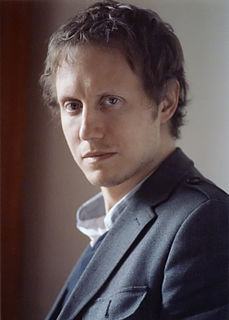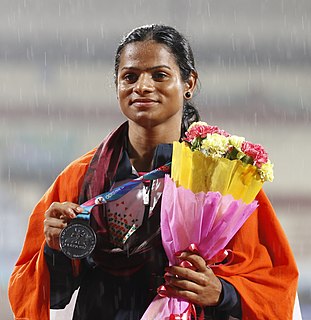A Quote by Orson F. Whitney
Poetry is the elder sister of history, the mother of language, the ancestress of civilization.
Related Quotes
We believe we can also show that words do not have exactly the same psychic "weight" depending on whether they belong to the language of reverie or to the language of daylight life-to rested language or language under surveillance-to the language of natural poetry or to the language hammered out by authoritarian prosodies.
The AP Italian language program has been preserved. We would like to thank the scores of people who joined the effort to ensure that generations of students will have the opportunity to learn not only a beautiful language but the history and contributions of one of the great cultures of Western civilization.
Gunn would be an important figure-rewarding, delightful, accomplished, enduring-in the history of English-language poetry even were his life not as fascinating as it now seems; he would be an important figure in the history of gay writing and in the history of transatlantic literary relations even were his poetry not so good as it is. With his life as it was and his works as they are, he's an obvious candidate for a volume of retrospective and critical essays, and this one is first-rate.




































